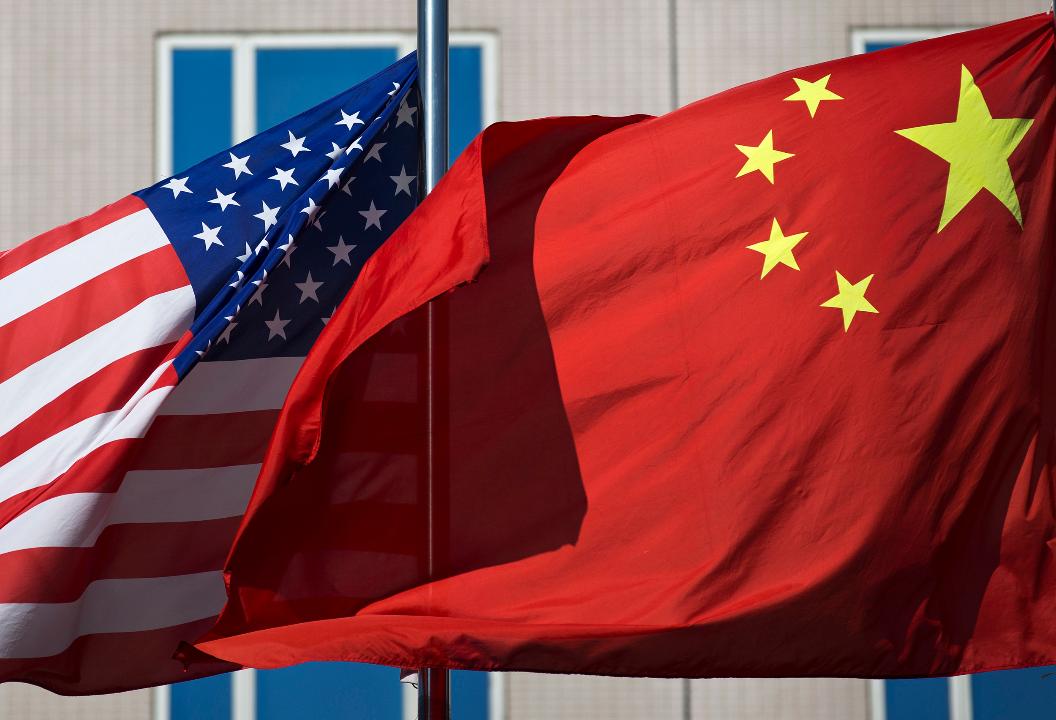The new Congress must repeal all of Trump's new tariffs ASAP: CEI
In two years, President Trump has doubled tariffs in the United States. Allies and adversaries alike have reciprocated, and the economic effects are already visible, with growth slowing nearly 2 percentage points in the third quarter—meaning 3.4 percent growth could have been around an even more impressive 5.4 percent.
Will the trade war deescalate in 2019? Probably not, which is bad news for consumers and the economy. But there is hope for the long term.
The next two big events on the trade calendar are a congressional vote on the new NAFTA agreement (U.S.-Mexico-Canada Agreement, otherwise known as the USMCA) and a looming tariff increase against China.
New NAFTA vote matters for politics more than policy
Mexico, Canada and America’s legislatures all have yet to ratify the new NAFTA. Mexico and Canada are understandably bristly about Trump’s steel and aluminum tariffs, while an incoming Democratic House is eager to deny Trump a political victory. Expect this one to play out until near the end of the 90-day voting deadline.
The new NAFTA would change little in terms of policy, beyond minor dairy liberalization in Canada and tighter labor regulations for Mexican automobile workers. The vote matters for politics more than policy. Repealing the new steel and aluminum tariffs should be a higher priority, or at least a bargaining chip for ratification.
Higher priority
China is the biggest fish on trade, and will likely dominate attention in 2019. Trump’s recent meeting with Chinese President Xi Jinping at the Group of 20 summit resulted in a tariff ceasefire, but that could be temporary. China rolled a 40 percent tariff on U.S. autos back to 15 percent, its previous level. Trump delayed a planned increase from the current 10 percent tariff on $250 million of Chinese goods to 25 percent, but only until March 2.
The administration should instead use measures that are effective, such as multilateral pressure under the Trans-Pacific Partnership. Eleven other countries are still members, and U.S. participation would strengthen leverage for reform.
Engaging the WTO’s dispute resolution process would very likely result in a series of easy victories for the U.S. Complainants typically win about 85 percent of cases, and China’s government is no saint on trade, among other issues. Importantly, China risks losing face internationally if it refuses to comply with adverse rulings.
For Congress, the most important 2019 trade priority is reclaiming the tariff-making authority it delegated away in the 1960s and 1970s. Under the Constitution, only Congress has taxing power. Tariff delegation has long since served its purpose, and should have come back to Congress long ago.
The trade damage done in 2018 will take years to undo. The new NAFTA doesn’t matter much either way, but abandoning a failed tariff strategy is crucial.
The new Congress should repeal all of the president’s new tariffs and prevent him from unilaterally enacting new ones. Doing so would help prevent a possible recession, benefit both consumers and American industry, while strengthening needed foreign alliances. The process can, and should, begin now.
Ryan Young is a fellow at the Competitive Enterprise Institute, where Iain Murray is vice president for strategy. They are co-authors of the study “Traders of the Lost Ark: Rediscovering a Moral and Economic Case for Free Trade.”




















